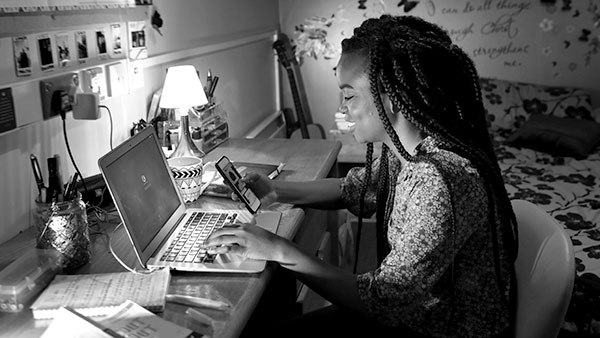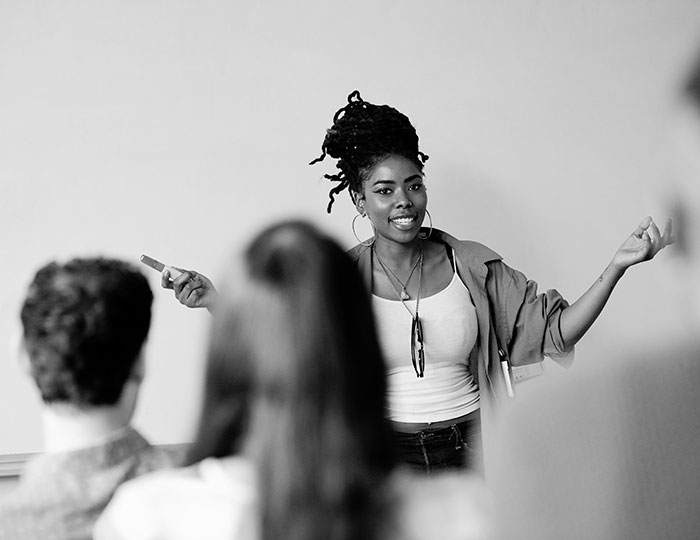On 7 July, I am giving the annual lecture to the Specialist Schools and Academies Trust. With the General Election looming and the likelihood of schools policy being one of the areas with clear dividing lines between the parties (as we can see this morning in relation to Michael Gove’s new proposals to move SATS tests from the final year of primary to first year of secondary schooling), I have opted to make ‘the politics of education’ my focus. I wanted to try out some of the ideas today. If the wonderful thread about ‘compare the meerkats’ is anything to go by, I will get some very interesting responses.
Ostensibly, it should be a good thing that schools policy will be centre stage over the coming months, but many in the education world will dread it. This reflects three problems with the way we talk about schools’ policy. Hoping that puns – however weak – may make the point more memorable, I describe these as ‘the school Atlas problem’, the ‘school uniform problem’ and ‘the school team problem’.
The school Atlas problem
This is the idea that schools can and should take on to their shoulders all the problems and aspirations of the world.
The school uniform policy
This is the tendency for people who take one position or another to insist that this position is wholly correct at all times. For example, those who claim schools policy is ‘dumbing down’ take any statistics showing improvements in attainment as evidence of their thesis. Similarly, those who favour progressive education will tend to dismiss any evidence of the virtues of more traditional approaches.
The school team problem
The way we talk about schools policy tends to assume that head teachers, teachers, parents, local authorities and pupils all have different agendas. The way certain interest groups behave reinforces this. Thus, for example, we assume that teachers are opposed to any form of performance accountability while parents are only interested in getting their own pupil into the best local school.
As this implies I am calling for a different type of discourse. How would it be if the background to the debate included the following assumptions:
• On balance, what goes on in schools is more a reflection of the kind of society we have chosen rather than what happens in society being primarily the responsibility of schools.
• We live in a fast changing world so we should be very careful before comparing today to the past.
• Good schooling of one style will nearly always be better than poor schooling of another style.
• Teachers have a major interest in having good systems of performance management and accountability, and parents have a huge interest in a system that works for all children and not just their own.
So, questions for my readers: is there anything to my argument? Does it matter? Is it naïve to think we might fashion a more honest and constructive politics of schooling?
Related articles
-
The impact of arts-based education
Mark Londesborough
Mark Londesborough on the findings from the final Learning About Culture report and the implications for arts-based learning.
-
-
How to be an anti-racist educator
Laura Partridge
Reflecting, thinking long-term, and fixing what’s wrong with our schools.




Be the first to write a comment
Comments
Please login to post a comment or reply
Don't have an account? Click here to register.